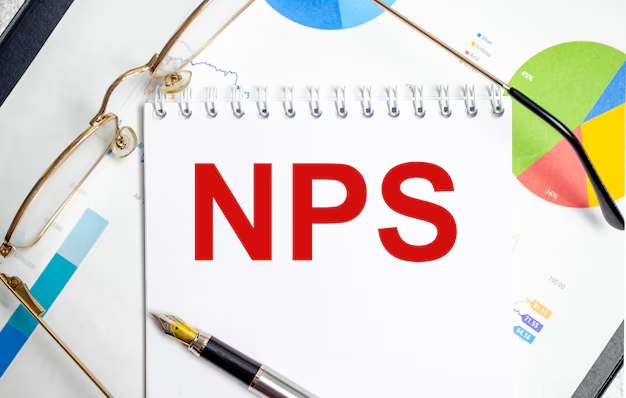What Degrees, Certifications, or Licenses Are Needed to Become A Doctor of Nursing Practice (DNP)?
Embarking on the path to becoming a Doctor of Nursing Practice (DNP) is a rewarding journey that emphasizes advanced healthcare expertise and leadership. To achieve this prestigious degree, a robust educational foundation is essential. Firstly, aspiring DNPs must hold a Bachelor of Science in Nursing (BSN), which serves as the gateway to advanced practice. Following the BSN, a registered nurse license (RN) is required to gain practical experience in the field. The next step involves earning either a Master of Science in Nursing (MSN) or directly enrolling in a DNP program, depending on the program structure. The DNP curriculum typically entails three to five years of rigorous training that covers clinical practice, healthcare policy, and evidence-based practice, equipping graduates with the skills needed to lead transformative healthcare initiatives.
In addition to formal education, certifications in specialized areas of nursing, such as Family Nurse Practitioner (FNP) or Pediatric Nurse Practitioner (PNP), can enhance a DNP's career prospects and expertise. Many programs integrate these certifications within their curriculum, providing an opportunity for nurses to tailor their education to specific career goals. Furthermore, maintaining an active license through continuous professional development activities is crucial in the ever-evolving medical field. This comprehensive blend of degrees, licenses, and certifications not only fulfills the essential requirements but also highlights the significance of ongoing education in shaping tomorrow's healthcare leaders.
Educational Path to Becoming a DNP
- 🎓 Bachelor of Science in Nursing (BSN)
- 🏆 Registered Nurse License (RN)
- 📚 Master of Science in Nursing (MSN) or Direct-entry DNP Program
- 📜 Doctor of Nursing Practice (DNP) Degree
- 🏅 Specialty Certifications (e.g., FNP, PNP)
- 🔄 Ongoing Professional Development and Licensure Maintenance
